If one experiences an abnormally high level of pulse in the jugular veins, then this could indicate jugular vein distention. Distended veins indicate increased pressure on the veins on the right side of the heart. This increased pressure can point to heart failure and other cardiovascular problems, like pericarditis or superior vena cava obstruction.
Symptoms
It is necessary to measure the blood pressure of any patient that appears pale, anxious or dyspneic in combination with jugular vein distention. Should the patient display hypertension or a paradoxical pulse, it might be caused by cardiac tamponade. This condition is life-threatening and causes anxiety, cyanosis, chest pain, dyspnea, restlessness and clammy skin.

Cardiac tamponade can also lead to tachycardia, tachypnea, weak or absent peripheral pulses and pericardial friction rub. This condition will require urgent medical treatment, including IV medication, supplemental oxygen and the possible administering of resuscitation equipment.
Weight gain, swollen ankles, shortness of breath, chest pain, nausea and vomiting are all potential indications of a serious underlying condition in a patient suffering from jugular vein distention. A patient’s history might indicate potential further causes of the condition, such as any past cancerous, cardiac, hepatic or renal conditions. It will be necessary for a patient to undergo a physical examination in this situation.
Causes
Heart failure is a common cause of jugular vein distention. Failure of the heart can also cause anxiety, cyanosis, weakness, weight gain, confusion, nausea, vomiting, abdominal pain and hepatomegaly. Anorexia might occur due to visceral edema. A major right-sided heart failure can lead to anasarca and oliguria. If the right-sided heart failure is preceded by left-sided failure, then jugular vein distention might be a delayed indication of this. Other indications of potential heart failure include fatigue, dyspnea, orthopnea, tachycardia and arrhythmia.
Hypervolemia or increased intravascular fluid can also lead to jugular vein distention. As well as this, the condition might be indicated by rapid weight gain, high blood pressure, dyspnea and crackles. Jugular vein distention is also a sign of pericarditis. Other symptoms of pericarditis are fluid retention, hepatomegaly, ascites and pericardial friction rub.
- Jugular venous distension roughly correlates to central venous pressure, and one can often calculate a central venous pressure from observing the degree of JVD.
- Normal CVP in a healthy person is 10 cm H2O, and causes JVD to the level of the clavicles. For every centimeter of JVD above the clavicles, CVP is elevated 1 cm H2O. Thus, a patient with JVD 4 cm above the clavicles would have a roughly estimated CVP of 14 cm H2O.
- Aside from being a neat piece of cool medical trivia, you can impress your friends and colleagues with, clinical evaluation (as opposed to formal, invasive measurement, rarely available to us outside the critical care transport environment) of elevated CVP is an important diagnostic indicator of a number of disease states, most notably right ventricular infarction and obstructive shock.
- Kussmaul's Sign is the observation of JVD that rises with inspiration. Normally, jugular venous pressure does just the opposite during inspiration, due to the fall in intrathoracic pressure. If your patient's jugular veins appear to fill rather than empty during inspiration, that's a pretty solid indication of impaired right ventricular filling. One of the conditions that can cause such impairment is right ventricular infarction.
- Obstructive shock, such as that induced by cardiac tamponade or tension pneumothorax, can be a life-threatening event, and evaluation of JVD may yield important diagnostic clues.
- In cardiac tamponade, jugular venous distension is one corner of Beck's Triad, which consists of the presence of JVD, muffled heart sounds, and narrowed pulse pressure.
If the superior vena cava is obstructed, this can lead to jugular vein distention. Obstructions include tumors or thrombosis. Jugular vein distention might occur when the head, neck and arm veins fail to empty properly. Urinary catheters, diuretics and pericardiocentesis are some ways that jugular vein distention can be countered. The maintenance of a proper diet is the best way to prevent jugular vein distention from occurring.



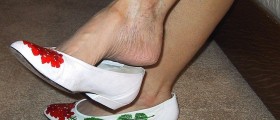

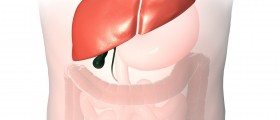
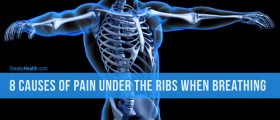


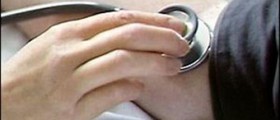

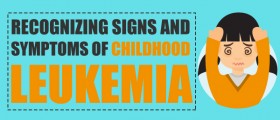



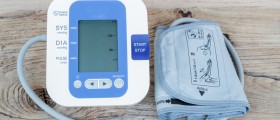

Your thoughts on this
Loading...